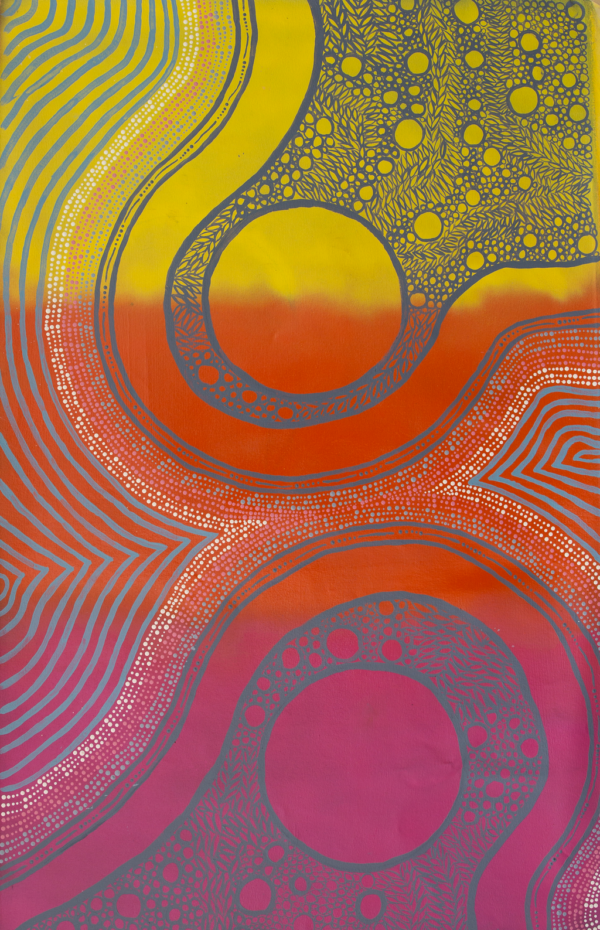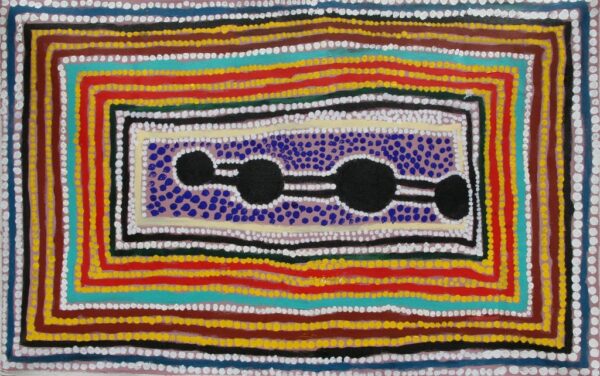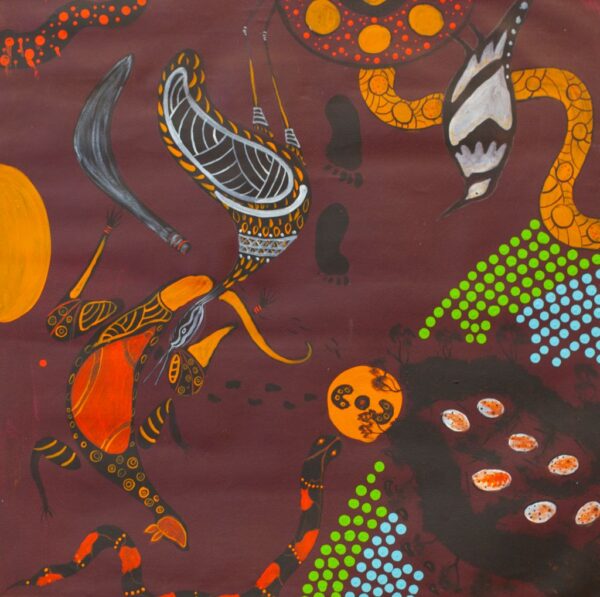$775.00 Original price was: $775.00.$465.00Current price is: $465.00.
1 in stock
Glen Burton
61 x 91 cm: acrylic on canvas
Year: 2023
23-473
Bush Tucker
“This is hunting for bush tucker, all the bush tucker. Minyarra (bush onion)) Ngaputa (bush tomato) and more and leftover fruits on the ground, too many to pick up. The women go out hunting and when they need a break they sit down and the kids drink Kapi (water) from the Biddy (coolaman). This is a Wana (hunting stick) to go hunting with.
– Glen Burton
Depicted in this work are traditional types of mayi (plant food). During the pujiman (traditional, desert dwelling) period, Martu would traverse very large distances annually in small family groups, moving seasonally from water source to water source, and hunting and gathering bush tucker as they went. Whilst desert life has moved away from mobile hunter-gatherer subsistence throughout the course of the twentieth century, bush tucker continues to be a significant component of the modern Martu diet, and hunting and gathering bush tucker remains equally valuable as an important cultural practice that is passed on intergenerationally.
Popular mayi includes minyarra (bush onion), collected from small, grass like plants; root vegetables dug from underground such as kulyu and mata (types of bush potato); and seeds such as kalaru (samphire, salt bush), yuwinyji, and marnkalpa (spinifex species). Jawirli (quondong), wamurla (bush tomatoes), jinyjiwirrily (wild gooseberry), ngaputa (melon), and karlkula (bush banana) are some of the most popular bush fruits. These are often collected in the wantajarra (cool season) and tuulpara (spring) months, along with juri (sweet) botanical gums and wama (nectar), obtained from various plant species.




Sign up to Martumili Artists’ mailing list to receive artist news, special offers, and shop updates.




Martumili Artists warns visitors that our website includes images and artworks of Artists who have passed away which may cause distress to some Indigenous people.
Martumili Artists acknowledges the Nyiyaparli and Martu people as the Traditional Owners of the land we live and work on. We also acknowledge the Traditional Owners throughout our country and our Elders; past, present and emerging.